Language
WORLDWIDE SHIPPING
Ceramic gratter CD-18
was
€19.00
Special Price
€9.50
€7.79
Availability:
In stock
This super-efficient grater, made from advanced ceramic close in hardness diamond, will make any grating task a snap. With rows of long-lasting sharp teeth, roots such as ginger are quickly shredded, leaving the unwanted fibers behind. Also great for elephant garlic or daikon radish. The non-corrosive bowl collects all the gratings and flavorful juices, without altering the taste. An amazing utensil, this grater catches the food for you as you grate it, preventing an unnecessary mess and an incredibly simple, hygienic cleaning surface. Great for dry cheese, ginger, lemon zest, chocolate, nutmeg and more. For ease of use, a silicone ring underneath holds the grater in place. Diameter cm. 16
FAQs

 IT
IT FR
FR
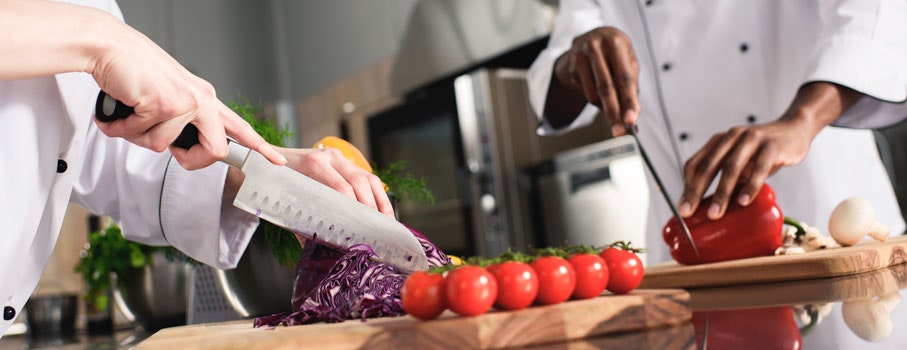
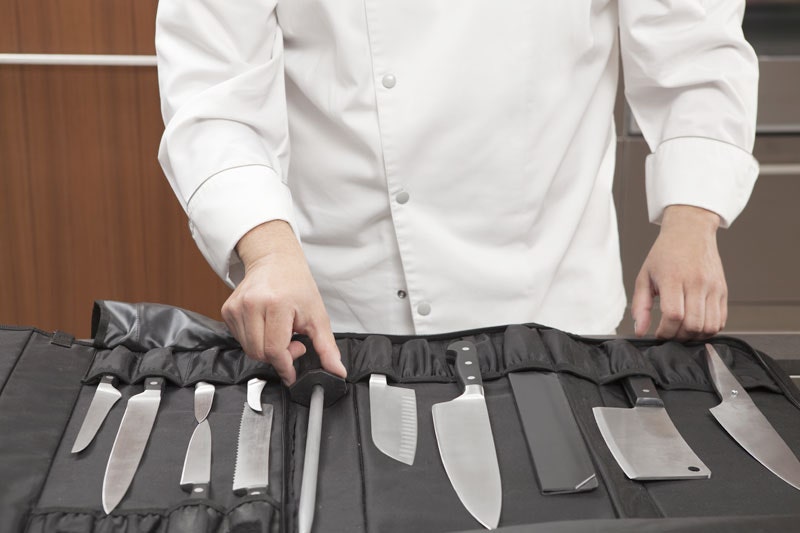
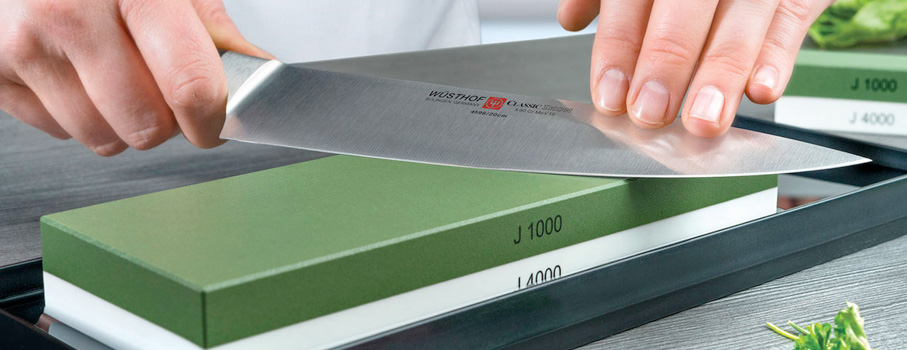
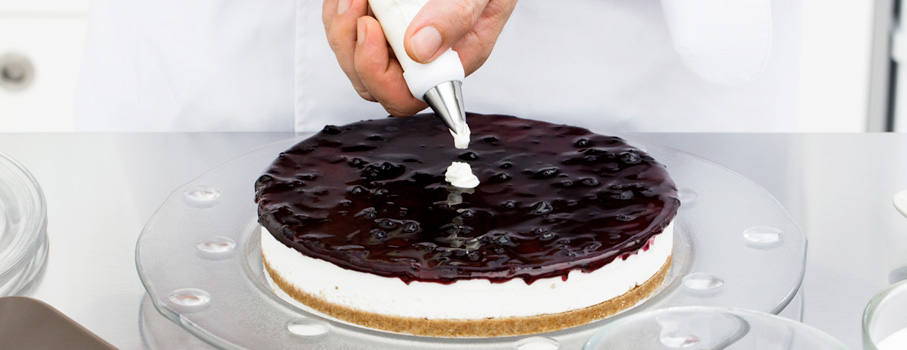

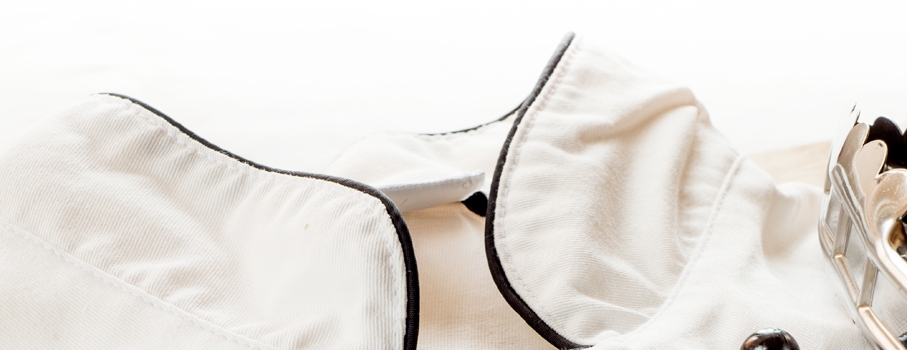
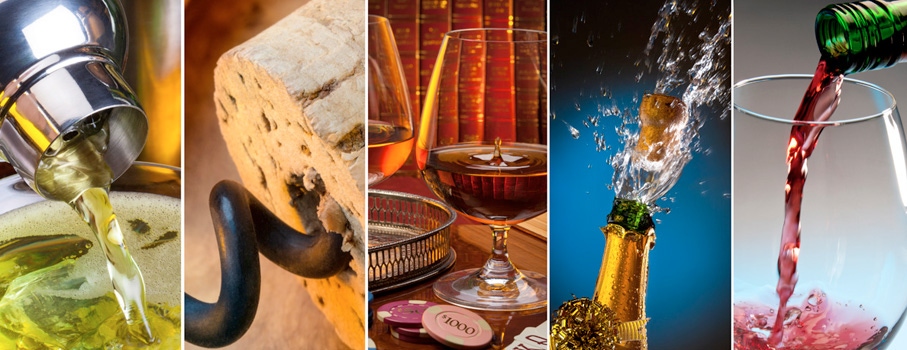
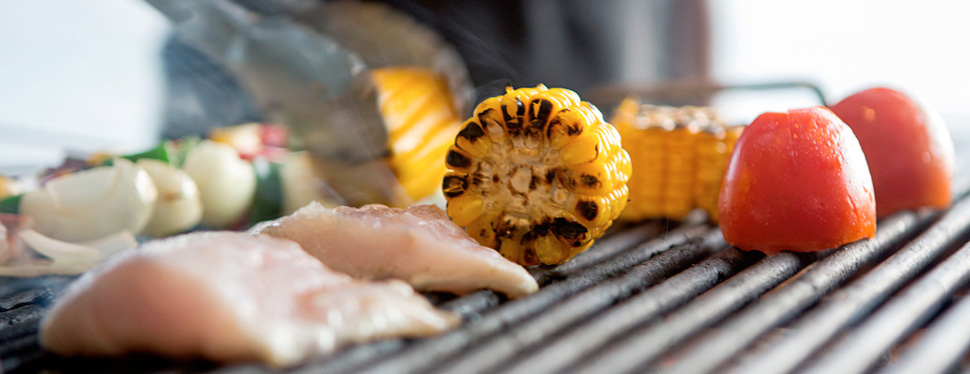

 IT
IT FR
FR
